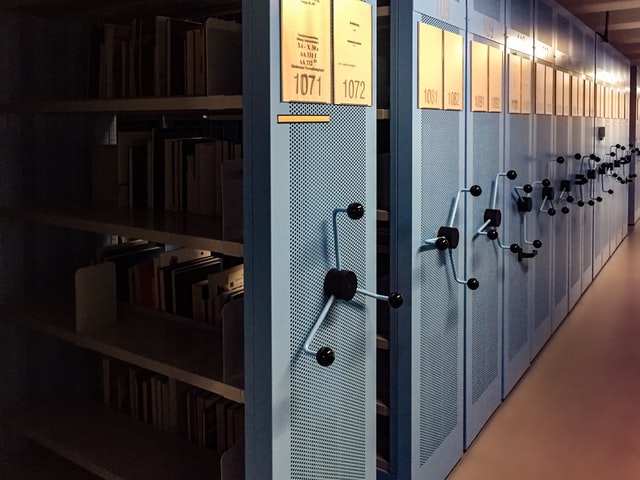Seminar series in Numerical Analysis
Our seminar series is starting again, this year we're back on campus!
The Numerical Analysis seminars are a series of lectures to showcase and foster state-of-the-art research in the fields of computational sciences and engineering, mathematical modelling, and applied mathematics. These lunch lectures take place on a monthly basis, the dates are announced below. If you want to sign up for the monthly invitation, please sign up for our newsletter.
Click the following webcal to add the feed to your own calendar or copy to subscribe manually.
More about webcal.

